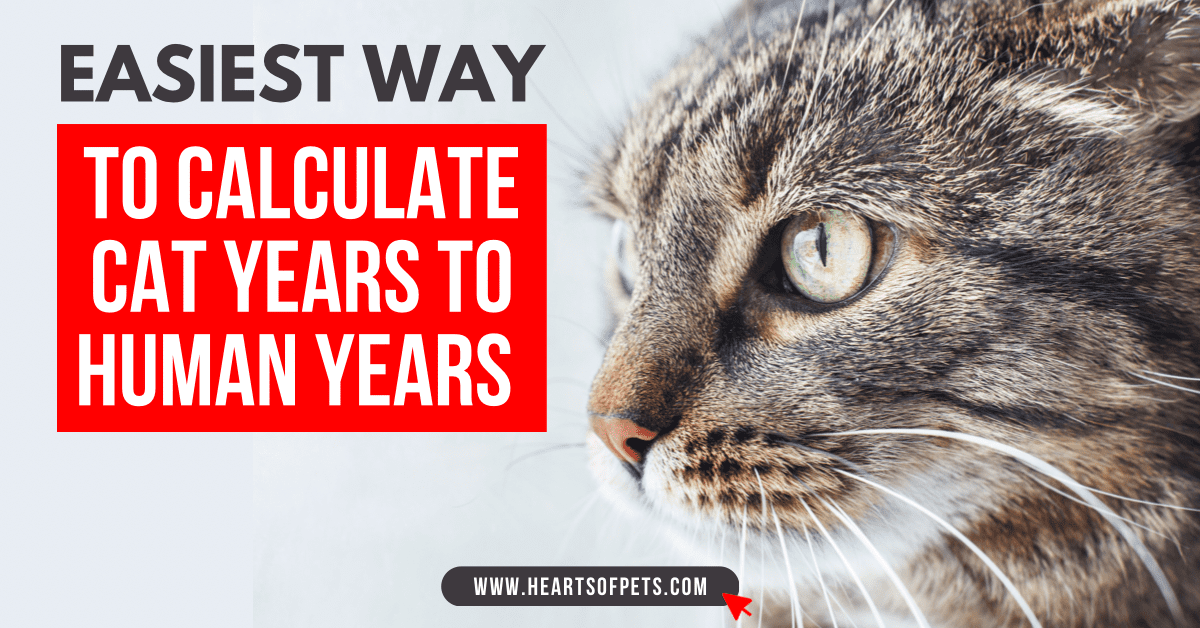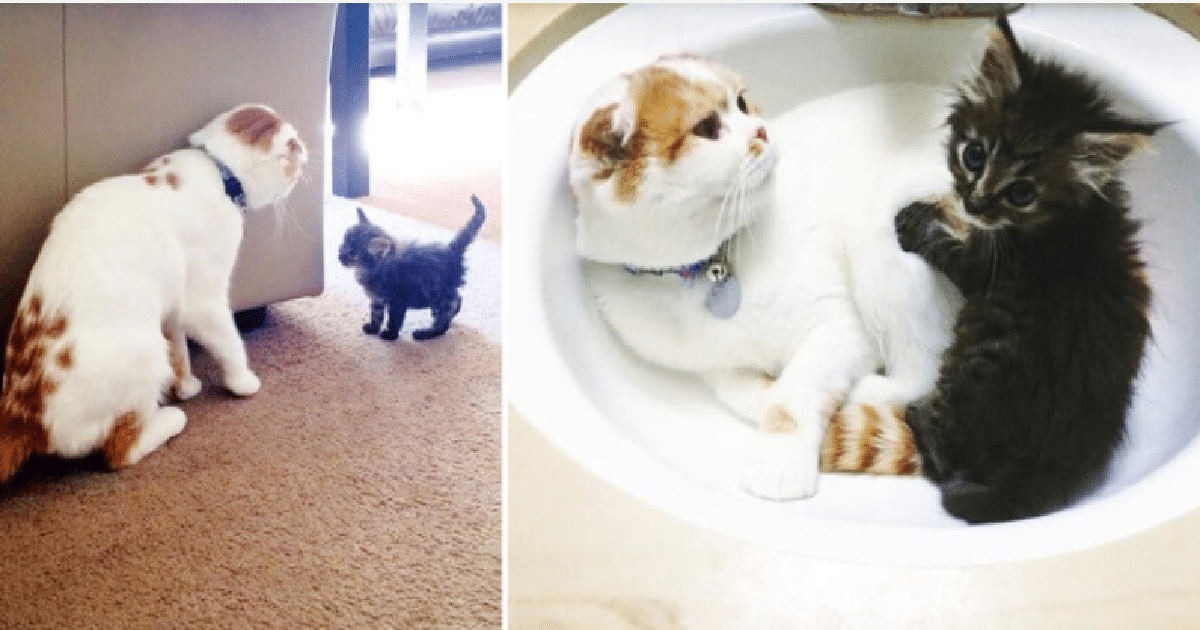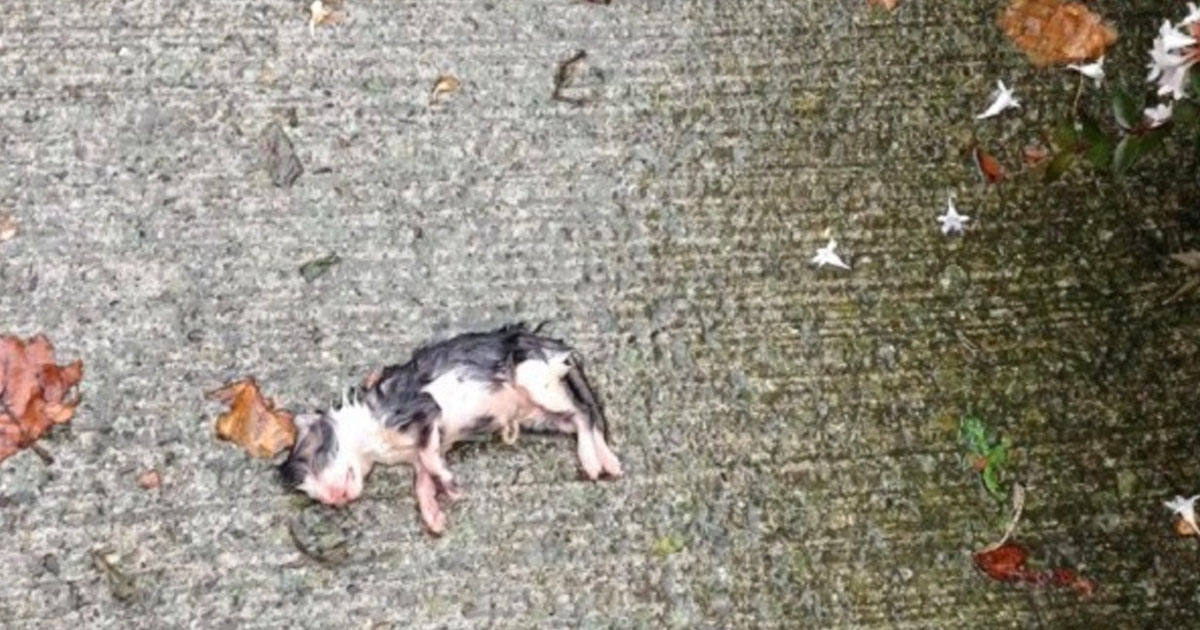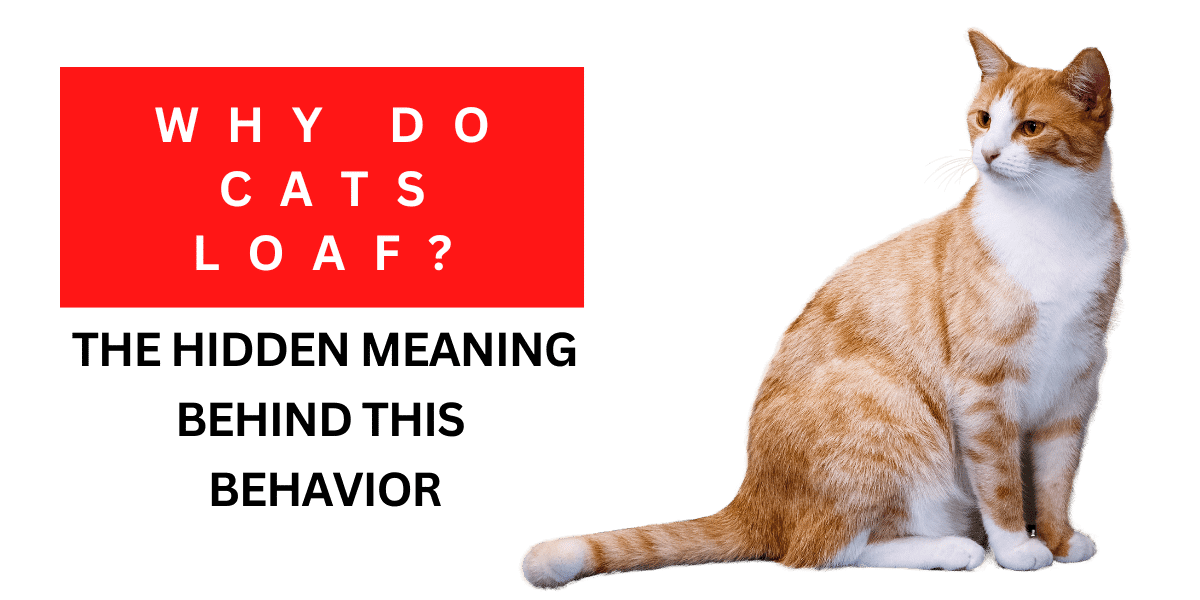Hello, cat lovers! Today, I want to address a common question that many cat owners have: Can cats eat potatoes? While potatoes may seem like a harmless snack, it’s important to understand their impact on our feline friends’ health and well-being. Let’s dive into the world of cat nutrition and explore whether potatoes are safe for our furry companions.
Can Cats Eat Potatoes? Yes, they can. As long as it’s cooked and given within limits.
- Cats can eat potatoes, but they are not necessary for their diet.
- Potatoes should only be given as an occasional treat, and in small amounts.
- Raw potatoes are toxic to cats due to the presence of solanine.
- Cooked potatoes, without any additives or seasonings, can be given to cats as a treat.
- Sweet potatoes can also be given in moderation, but they are not a regular part of a cat’s diet.
Are Potatoes Safe for Cats?
Potatoes can be safe for cats when prepared and given in moderation. While they are not nutritionally valuable for cats, they can be offered as an occasional treat. It’s important to remember that cats are obligate carnivores and their bodies are designed to derive essential nutrients from meat. Therefore, potatoes should not be a regular part of their diet.
Cats may have difficulty digesting potatoes, which can lead to gastrointestinal distress such as vomiting, constipation, diarrhea, and abdominal pain. Additionally, raw potatoes are highly toxic to cats due to the presence of solanine, a chemical that can be harmful to their health.
If you’d like to give your cat potatoes, it’s safer to offer them cooked and plain, without any seasonings or additives. However, it’s crucial to avoid feeding them mashed potatoes, potato salad, or fried potatoes, as these can contain ingredients that are toxic to cats or have a high fat and sodium content that can be harmful to their health.
Always prioritize a complete and balanced diet for your cat that meets their nutritional needs. If you have any concerns or questions about your cat’s diet, it’s best to consult with a veterinarian who can provide specific dietary recommendations.
Can Cats Eat Sweet Potatoes?
When it comes to cat-friendly food, one common question among cat owners is whether cats can eat sweet potatoes. The answer is yes, but with some important considerations. Sweet potatoes are safe for cats to consume, as they do not contain a toxic compound called solanine, which can be found in regular potatoes.
However, while cats can eat sweet potatoes, it is important to remember that they are obligate carnivores, meaning their bodies are designed to derive essential nutrients from meat. Sweet potatoes are not a necessary or highly nutritious part of a cat’s diet. They are considered safe for cats to eat in moderation.
If you choose to offer sweet potatoes to your feline friend, it is crucial to properly cook them and serve them without any seasonings or additives. This means avoiding ingredients like salt, butter, or any other spices, as these can be harmful to cats. Simply cook the sweet potatoes and offer them to your cat as plain, unseasoned pieces.
Monitor your cat closely after introducing sweet potatoes into their diet. Keep an eye out for any adverse reactions, such as vomiting or gastrointestinal issues. Every cat is different, and some may have sensitivities or allergies to certain foods, including sweet potatoes.
While sweet potatoes can be given as an occasional treat, it is generally recommended to focus on providing cats with a meat-based diet that meets their nutritional needs. High-quality cat food that contains essential vitamins, minerals, and animal protein is the best choice for maintaining feline health and well-being.
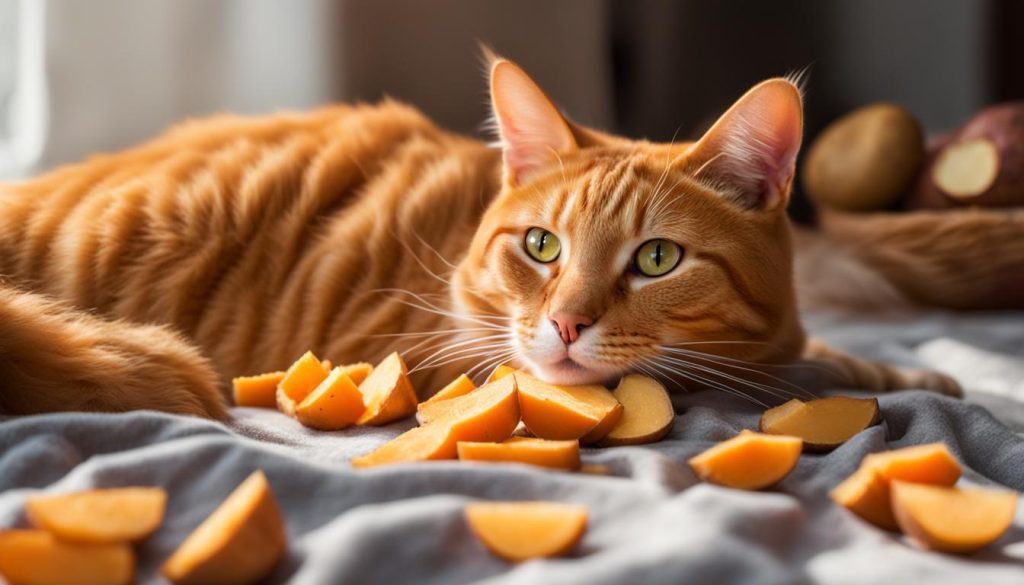
How to Offer Potatoes to Cats
If you choose to offer potatoes to your cat as an occasional treat, there are some guidelines to follow.
First, wash the potatoes thoroughly and remove the peel. This will help remove any dirt or pesticides that may be on the surface.
Next, cut off any roots, discolored areas, or green parts of the potato. These can contain toxins that may be harmful to your cat.
Chop the potatoes into small, bite-sized pieces that are easy for your cat to eat. This will help prevent any choking hazards.
When cooking the potatoes, it’s important to avoid adding any salt, spices, or fats. These can be harmful to your cat’s health.
One way to prepare potatoes for your cat is by roasting them. Simply place the chopped potatoes on a baking sheet and bake them in the oven until they are soft and cooked through.
Offer a small amount of the roasted potatoes to your cat, starting with one bite-sized piece. This will allow you to monitor their reaction and ensure they tolerate it well.
Keep an eye on your cat for any adverse reactions, such as vomiting, diarrhea, or unusual behavior. If you notice any concerning symptoms, consult with your veterinarian.
It’s important to remember that potatoes should not be a regular part of your cat’s diet and should only be given as an occasional treat.
The Optimal Diet for Cats
When it comes to cat nutrition, providing an optimal diet is crucial for their overall health and well-being. As obligate carnivores, cats rely on animal protein as their primary source of nutrition. A meat-based diet ensures they receive the essential nutrients they need to thrive.
For a balanced cat diet, it is important to include high-quality animal protein sources such as chicken, fish, beef, and pork. These protein sources provide the necessary amino acids that cats cannot produce on their own.
In addition to protein, cats require animal fat in their diet. Fat is a crucial component as it provides energy and is necessary for the absorption of fat-soluble vitamins. However, it is important to provide fat in moderation to prevent obesity in cats.
Vitamins and minerals are also essential for a cat’s diet. These nutrients support overall health, including immune function, bone health, and good vision. Cats can obtain the necessary vitamins and minerals from their meat-based diet.
Another important aspect of a cat’s diet is moisture. Cats have a low thirst drive and may not drink enough water on their own. Wet cat food is a great option as it provides both nutrition and moisture, helping to prevent dehydration in cats.
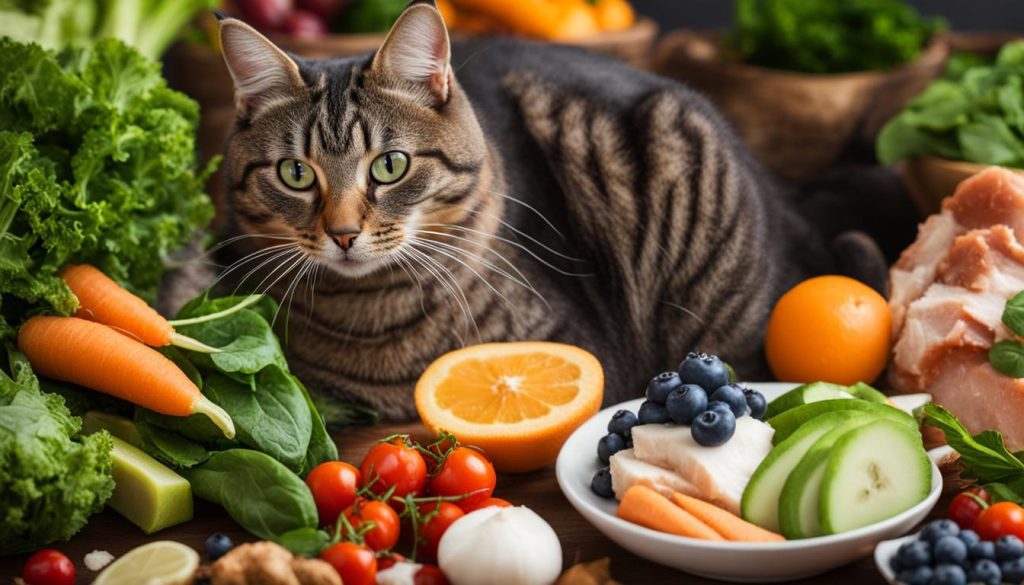
Choosing the right cat food is crucial in providing optimal nutrition. Look for cat food that is specifically formulated to meet a cat’s nutritional needs and is made from high-quality ingredients. It is always a good idea to consult with a veterinarian to determine the best diet for your cat based on their specific needs and any underlying health conditions.
Dry Food vs Wet Food for Cats
When it comes to choosing the right type of food for your cat, you may come across two main options: dry food and wet food. Let’s take a closer look at the differences between these two types of commercial cat food and their impact on cat nutrition and diet.
Dry Cat Food (Kibble)
Dry cat food, also known as kibble, is a more affordable option compared to wet food. It is convenient to store and has a longer shelf life. However, dry cat food may not provide the same level of nutrition as wet food. Many dry cat food brands contain low-quality ingredients such as meat derivatives and grains.
One of the main drawbacks of dry cat food is its lack of moisture. Cats have a low thirst drive, and consuming dry food alone can contribute to dehydration. Additionally, the carbohydrate content in dry food can be higher, which may lead to weight gain and obesity in some cats.
Wet Cat Food
On the other hand, wet cat food, available in the form of gravy or jelly, offers advantages in terms of cat nutrition. It has an optimal moisture content, which helps maintain your cat’s hydration levels. Wet food also provides a balanced ratio of protein, fat, and carbohydrates, promoting overall health.
Feeding your cat wet food can benefit their digestive health, as it is easier to chew and digest. It can also support urinary health by increasing the cat’s water intake and preventing the formation of urinary crystals and stones. The higher moisture content in wet food can also aid in weight management and reduce the risk of obesity.
While both dry and wet cat food have their benefits, a combination of the two can be a good compromise. This allows your cat to enjoy the convenience and affordability of dry food while benefiting from the moisture and nutritious profile of wet food. However, it is crucial to choose high-quality cat food that meets your cat’s nutritional needs and is free from artificial additives and fillers.
Conclusion
When it comes to potatoes and cats, moderation is key. While cats can eat potatoes as an occasional treat, they are not essential or highly nutritious for their diet. Cats are obligate carnivores and their bodies are designed to derive essential nutrients from meat-based nutrition. Therefore, it is important to focus on providing cats with a complete and balanced diet that meets their specific nutritional needs.
If you choose to offer potatoes to your cat, it is crucial to prepare them properly. Potatoes should be cooked without any seasonings or additives and given in small amounts. Raw potatoes should be strictly avoided as they contain solanine, a chemical that can be toxic to cats. Additionally, it is important to note that other potato products like fries, chips, and potato salad are not recommended for cats due to their high fat and sodium content.
Instead of relying on potatoes, it is best to prioritize a diet that includes high-quality animal protein, essential vitamins and minerals, and moisture. Wet cat food is an excellent option as it provides not only the necessary hydration but also a balanced ratio of nutrients. Consult with your veterinarian to determine the best dietary plan for your cat and always monitor for any adverse reactions when introducing new foods.
FAQ
Can cats eat potatoes?
Cats can eat potatoes in moderation as an occasional treat. However, potatoes are not necessary or highly nutritious for their diet. Cats are obligate carnivores and require meat-based nutrition.
Are potatoes safe for cats?
Potatoes can be safe for cats when prepared and given in moderation. Raw potatoes are toxic to cats due to the presence of solanine. Cooked potatoes, without any seasonings or additives, can be given as an occasional treat.
Can cats eat sweet potatoes?
Cats can eat sweet potatoes in moderation. Sweet potatoes do not contain solanine and are not toxic to cats. However, they are not a necessary or highly nutritious part of their diet.
How should I offer potatoes to my cat?
If you choose to offer potatoes to your cat, wash them thoroughly, remove the peel, and cut off any roots, discolored or green areas. Chop the potatoes into small pieces and roast them without adding any salt, spices, or fats. Offer a small amount as a bite-sized treat.
What is the optimal diet for cats?
The optimal diet for cats is one that is meat-based and provides all the necessary nutrients. Cats are obligate carnivores and require high-quality animal protein, animal fat, essential vitamins and minerals, and moisture.
Should I feed my cat dry food or wet food?
Both dry and wet cat food can be part of a cat’s diet. Wet food is beneficial for its moisture content and balanced ratio of nutrients. It is recommended to choose high-quality options that meet a cat’s nutritional needs.
Should potatoes be a regular part of a cat’s diet?
Potatoes should not be a regular part of a cat’s diet. They are not nutritionally valuable and should only be given as an occasional treat in small amounts. It is important to provide a complete and balanced diet for a cat’s health.


